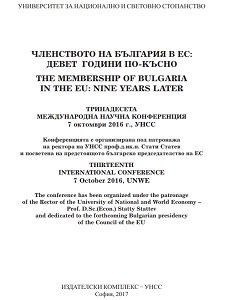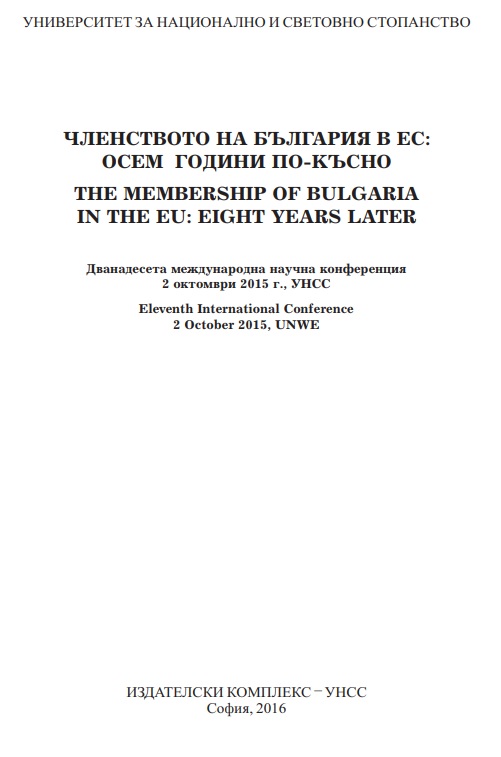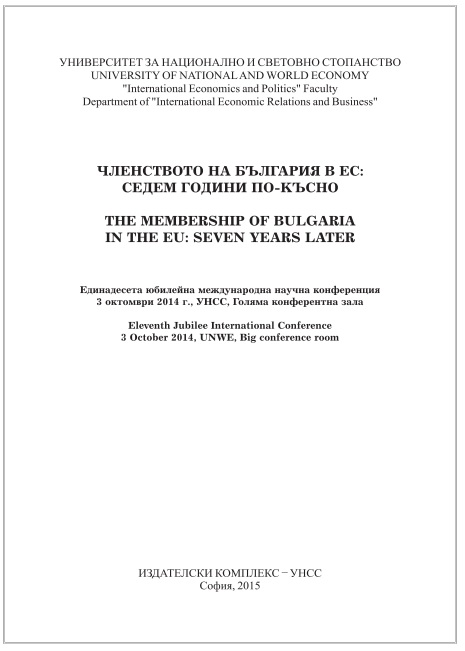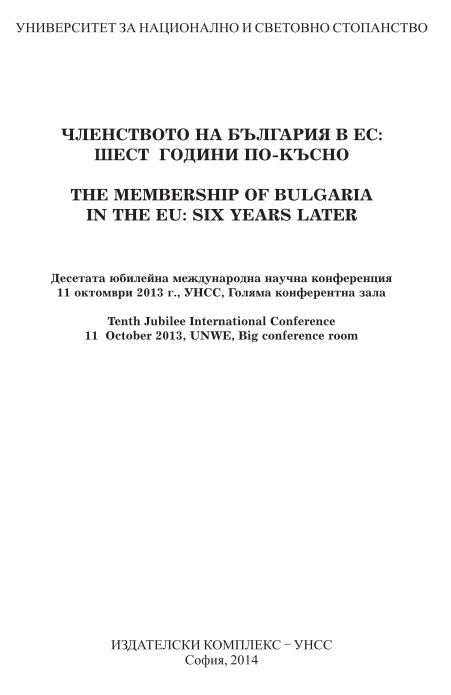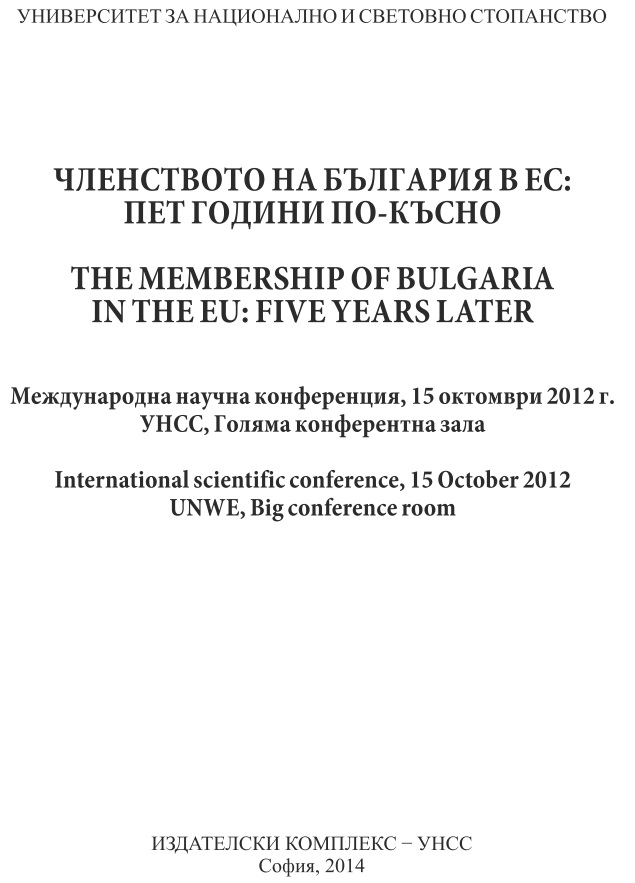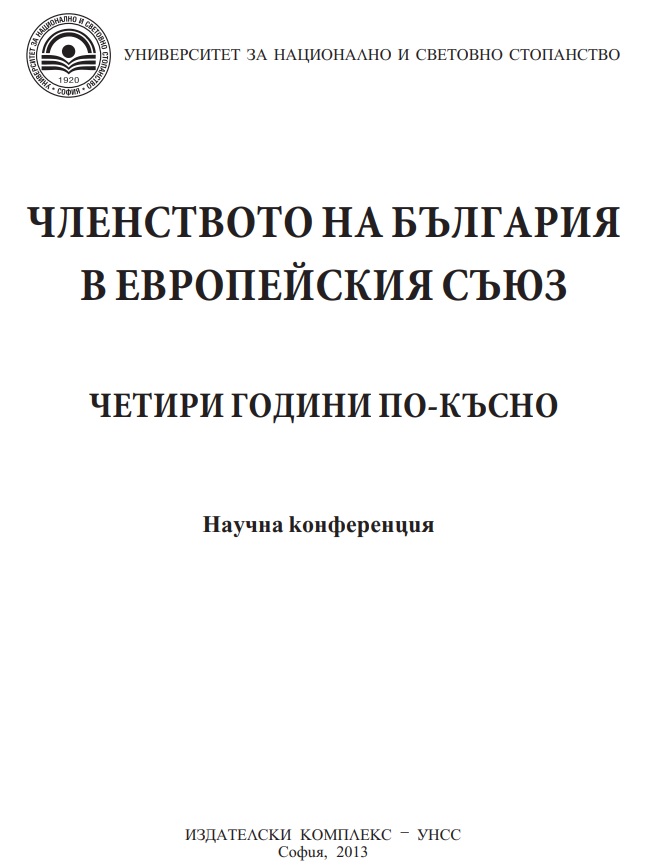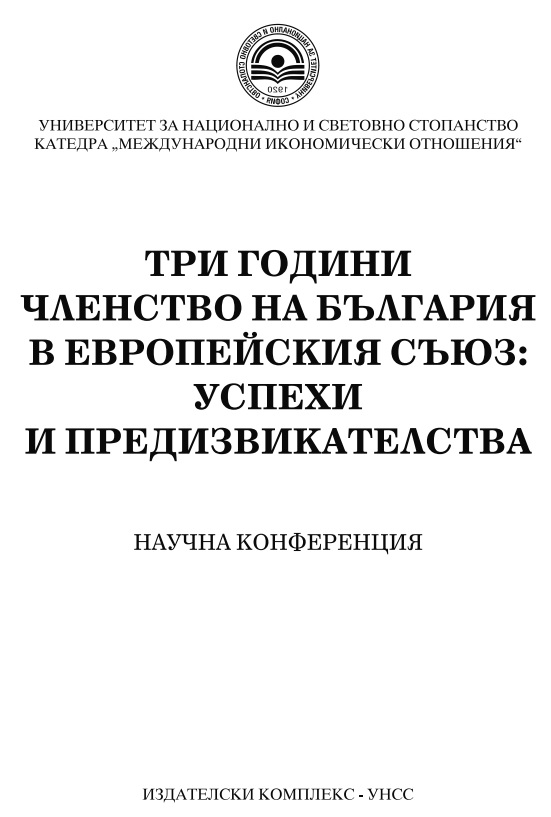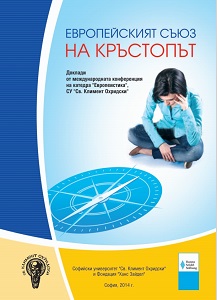Author(s): Vladimir Trapara / Language(s): English
Publication Year: 0
EU accession is among the key priorities of Serbia’s foreign policy. In order to become an EU member, Serbia has to meet many conditions, including the harmonization of its foreign policy with the EU’s Common Foreign and Security Policy. Yet it is not such a simple task, given the contradictions of the CFSP itself, as well as the unique characteristics of Serbia’s international position and its national interests. This causes two interesting dilemmas. First, to harmonize one country’s foreign policy with the CFSP, means to harmonize it with something which is not harmonized within itself. The main reason behind this is the fact that the EU is not a single state; therefore it is not a unitary rational actor in a traditional sense. Neither is it a typical international institution. In fact, it is sui generis international relations actor, "stuck" between an international institution and a state, as the result of factors that influenced its complex historical development. This has two consequences. One is a rivalry between the leading countries of the EU regarding the CFSP decision-making process, which resulted in the creation of overlapping blocs of members with different foreign policy visions. The other is decreasing of both the EU and its members’ influence in world politics, even in its own neighborhood, in comparison to some great and regional powers whose actions are not constrained by membership in some supranational entity (above all, the United States, China, Russia, and Turkey). Second, there are four specific issues in Serbia’s foreign policy, which make harmonization with the CFSP without harming the country’s national interests difficult. The first one is Kosovo problem, where he majority of the EU members recognize unilaterally proclaimed independence of Kosovo, while European bureaucracy and political leaderships of the main members put pressure on Serbia to accept unfavorable final solution to the problem. The second one is possible forced NATO membership for Serbia, where it is not clear whether it will be required as one of the conditions for the EU accession. The third issue is of good neighborly relations in the Western Balkans region, where there is suspicion that some requirements unacceptable to Serbia (such as distancing from the Republic of Srpska) could be hidden under the guise of this phrase. Finally, there is issue of Serbia’s relations with some non-European powers, which may be jeopardized as the result of its foreign policy harmonization with the CFSP. In order to effectively harmonize its foreign policy with the CFSP, Serbia should firstly harmonize it with its own national interest, by formulating strong and clear goals regarding the four mentioned issues, which would comply with this interest. Afterwards, it should look for allies and partners among the EU members and blocs, as well as the influential non-European actors, whose interests are compatible with Serbian one regarding each of the issues separately. If harmonization of the country’s foreign policy with the CFSP after this procedure proves to be impossible, Serbia should place its national interest above the EU membership.
More...
